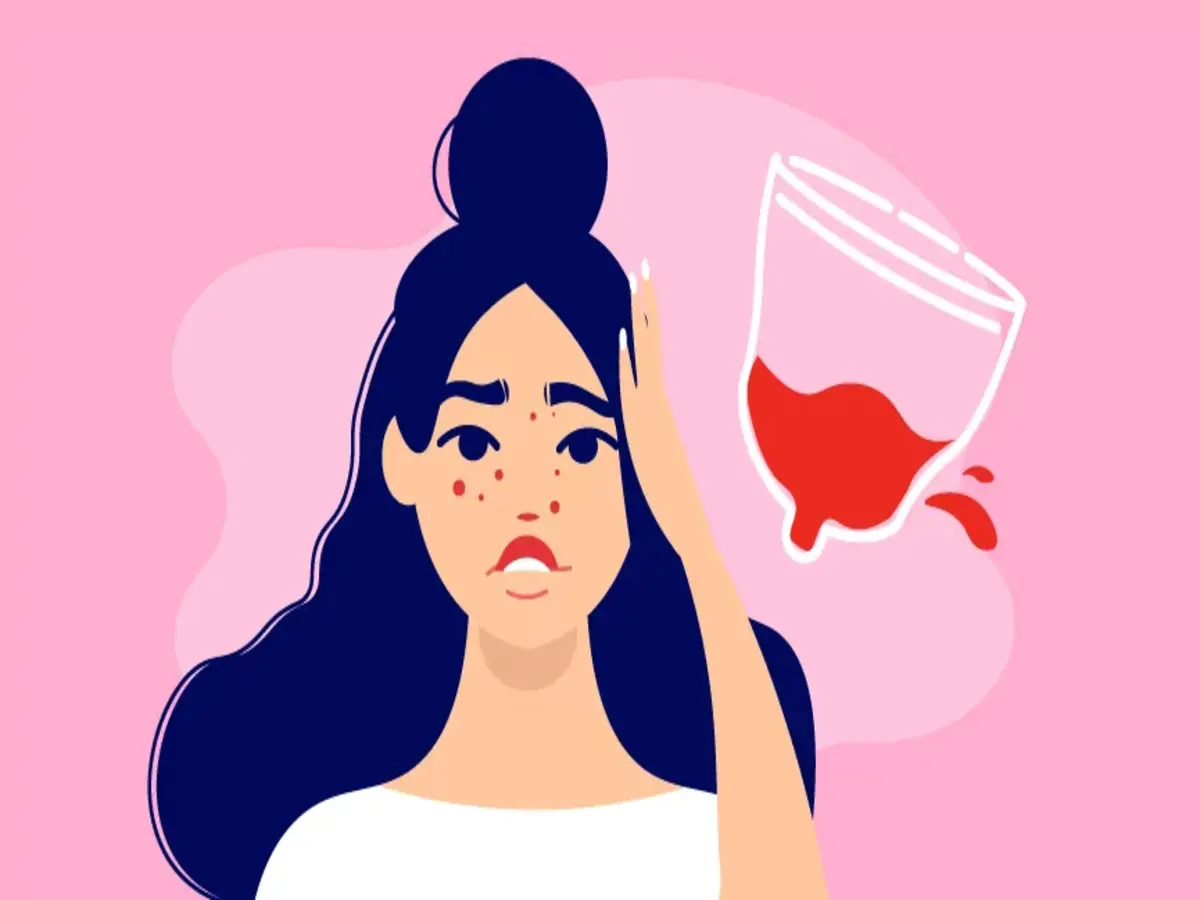
Social taboo and gender stereotypes have contributed largely in making us think menstruation is a shame and it shouldn’t be discussed openly. Today, let’s break the mental barriers.
Menstruation is a natural and essential part of a woman’s reproductive health cycle. Yet, for centuries, menstruation has been surrounded by stigma, silence, and misinformation. By destigmatizing menstrual blood, society can take significant steps towards understanding women’s health better and promoting inclusivity and gender equality. This article explores the importance of destigmatizing menstrual blood and its potential benefits. And to help us understand and debunk the myths around periods, we have Dr Asha Hiremath, Obstetrician, Gynaecologist & Laparoscopic Surgeon, Motherhood Hospitals, Indiranagar, Bangalore. Here is what the doctor wants you to know.
Menstruation is a monthly occurrence for women, during which the lining of the uterus is shed through the vagina. Despite its biological significance, menstrual blood has long been associated with shame, impurity, and secrecy in many cultures. These harmful beliefs contribute to a lack of knowledge about women’s health and perpetuate the marginalization of women.
Why Is Destigmatizing Menstrual Blood Important?
Destigmatizing menstrual blood can foster a positive shift in society’s perception of menstruation and promote open conversations about women’s health. By breaking the silence and encouraging dialogue, we can address misconceptions, debunk myths, and provide accurate information about menstruation. Education plays a crucial role in dismantling the stigma surrounding menstrual blood, empowering women, and ensuring their overall well-being.
READ RELATED: Combatting Fatty Liver: Effective Home Remedies to Protect Your Liver Health
- One significant benefit of destigmatizing menstrual blood is improved menstrual hygiene management. When menstruation is seen as a normal bodily function, women are more likely to seek proper sanitation facilities, hygienic products, and healthcare support. Lack of access to menstrual hygiene products and facilities is a widespread issue, particularly in low-income communities and developing countries. By destigmatizing menstruation, we can raise awareness of this issue, advocate for better infrastructure, and ensure that all women have access to safe and hygienic options during their periods.
- Destigmatization also plays a vital role in breaking down barriers to reproductive healthcare. The shame associated with menstruation often extends to other aspects of women’s reproductive health, such as discussing contraception, menstrual disorders, or fertility. By destigmatizing menstrual blood, we create a more inclusive environment for conversations about reproductive health, leading to increased awareness, better healthcare outcomes, and reduced gender disparities in healthcare access.
- Destigmatization can positively impact women’s mental and emotional well-being. The shame and secrecy surrounding menstrual blood can contribute to feelings of embarrassment, self-consciousness, and low self-esteem. When women feel comfortable discussing menstruation openly, it can alleviate these negative emotions and promote a healthier body image. This shift in attitude can profoundly impact women’s mental health and help address issues such as anxiety and depression related to menstruation.
- Destigmatizing menstrual blood also paves the way for more gender-inclusive policies and practices. When a society embraces menstruation as a natural part of women’s lives, it promotes inclusivity and gender equality.
How To Achieve This?
- Educate people with correct information
- Remove the taboo associated with menstruation.
- Using media to create the right perceptions and explain facts.
- Engaging in menstruation-related conversations with men to eliminate the discomfort associated with periods
- Collaborative contribution (understand and help others understand)
Destigmatizing menstrual blood is a long-term process that requires sustained effort and commitment. By implementing these strategies and fostering a culture of acceptance, we can create a society where menstruation is seen as a natural, normal, and celebrated part of women’s health, leading to improved well-being, gender equality, and inclusive healthcare for all.
Total Wellness is now just a click away.
Follow us on
window.addEventListener(‘load’, (event) => {
// $(document).ready(function(){
$(‘#commentbtn’).on(“click”,function(){
(function(d, s, id) { var js, fjs = d.getElementsByTagName(s)[0]; if (d.getElementById(id)) return; js = d.createElement(s); js.id = id; js.src = “//connect.facebook.net/en_US/sdk.js#xfbml=1&version=v2.3”; fjs.parentNode.insertBefore(js, fjs);}(document, ‘script’, ‘facebook-jssdk’));
$(“.cmntbox”).toggle();
});
// });
});







